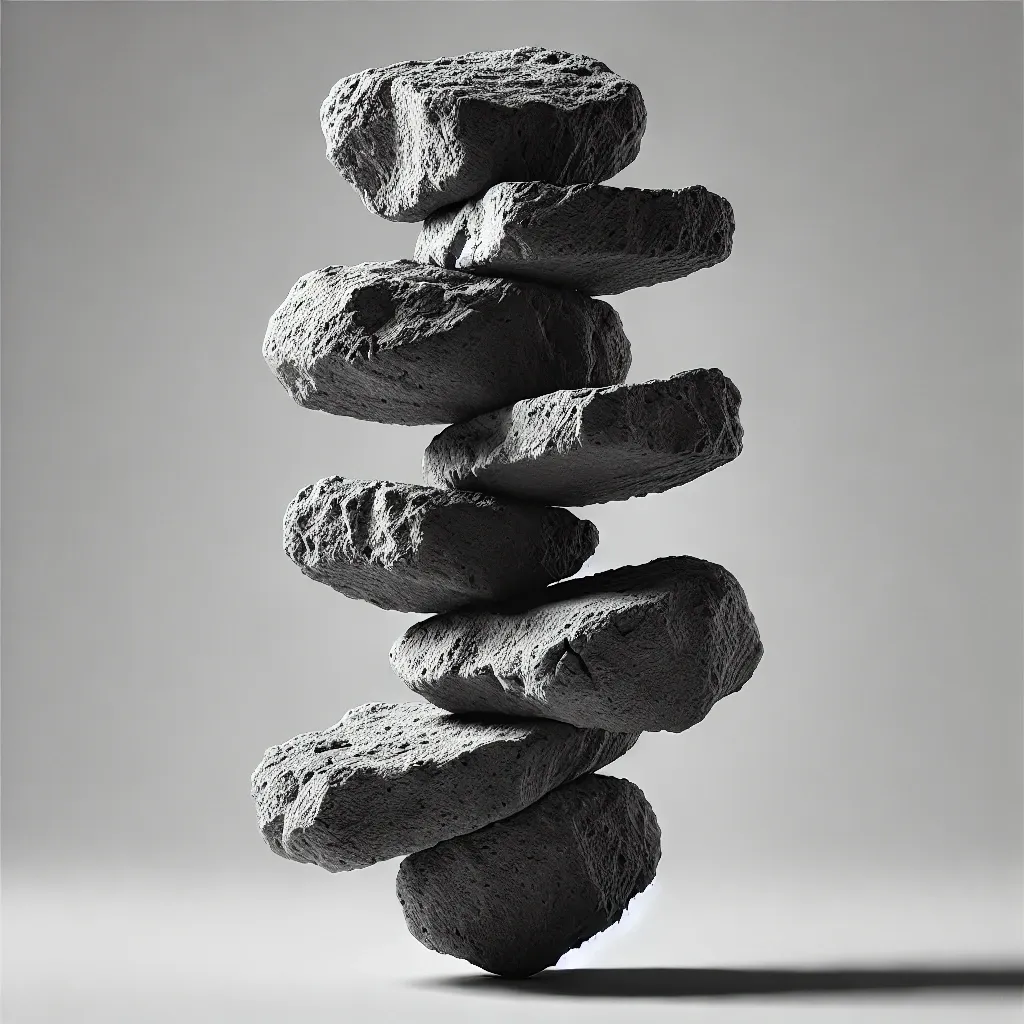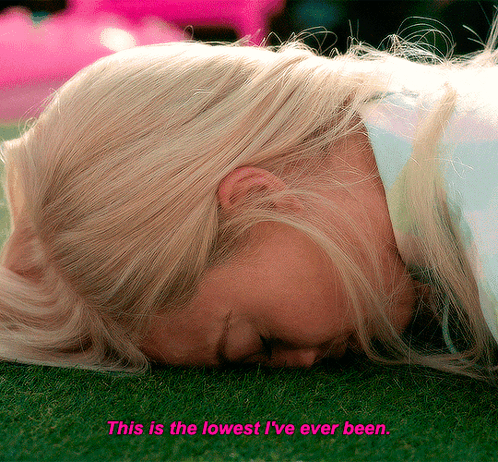Is my Life Less than Yours?

Growing up as the youngest of five, I was always outranked in my family patriarchy. In our household, men’s voices carried more weight, and I was taught to be subservient. My role was clear: stay quiet, do as I’m told, and aspire to marry and have children.
I was made to believe that my opinion didn’t matter as much as others’. To be “perfect” and “complete,” I was told, I needed to be married, that only a husband could make me whole. Yet, even with marriage and children as the supposed end goal, I still felt incomplete. For over thirty years, I believed I was unlovable unless I met a checklist: perfection, obedience, beauty, loyalty. So, I hid who I truly was, convinced I wasn’t good enough. Just as I began discovering myself, I received that familiar call: “Stop having fun and get married already.” This was what I had been made to believe.
I say “made to believe” because that’s what it was. When I was born, I was a blank slate. These ideas were embedded in me daily until I thought they were my own: that I was incomplete, that my feelings weren’t valid, that questioning anything was wrong. I learned to bury emotions deep down, to keep quiet, to become invisible.
Conforming was the norm, and anything outside of that felt wrong. I carried this into the workplace. Fresh out of college and working in a male-dominated industry, I put my head down, followed orders, and didn’t challenge anyone. Yet over time, the same beliefs followed me there too: I was overworked, overlooked, and always felt I wasn’t part of the "boys' club.” Again, I began to question myself, what did I do wrong? Did I not work hard enough? Was I not smart enough? It further validated the beliefs my mother embedded inside me.
I devoured self-help books for women in the workplace, including Lean In by Sheryl Sandberg. But those books only left me feeling broken, as if I needed to change to fit into a system that was never made for me. Every page echoed the message that something was wrong with me, that I needed fixing. It was always me who was never aggressive enough, I wasn’t strong enough, I wasn’t sitting at the table.
Taking my life in my hands
In my late 20s, I quit my job and left the country because I couldn’t see my worth. Thoughts of death became a recurring comfort because it seemed like the only way to escape this endless feeling of not being good enough. Ironically, it was only when I thought about dying that I felt free enough to truly live. I realised I had nothing to lose, and that mindset pushed me to finally take risks and explore my own path. Even at this , I would get phone calls from my mother telling me to stop having fun and get married already.
I was living my life, taking risks in my career, yet constantly second-guessing myself. I rarely shared my story with others, feeling that my life was so different from theirs. Over time, I lost friends who followed the conventional path.
When I finally married in my late thirties, my mother advised me to have dinner ready every night to keep my husband happy, subtly reminding me of my new role in her eyes. Despite my independent life before, it was only after marriage that I was finally seen as “complete” in her view. She can finally not “worry” about me anymore.
It’s not me it’s Us

The Barbie movie struck a chord with me. Barbies had to fight in order to get their world back from the patriarchy system. It shows a fictional world, but it shows how deeply entrenched these systems are in real life. Do we just accept a system that is rarely challenged or can we do something about it?
So, I ask myself: Why is my life seen as less than someone else’s? Why do I feel guilty when someone does something nice for me, as if I “owe” them? Why, after all these years, does the idea of disappointing others still haunt me?
It’s taken a long time, but I’m starting to understand that the problem isn’t me. It’s not about “fixing” myself to fit into a mold that doesn’t work. There’s nothing wrong with me. There’s nothing wrong with anyone, we are all human, and need to co-exist and understand. Instead, I ask: What can we all do to change the narrative?